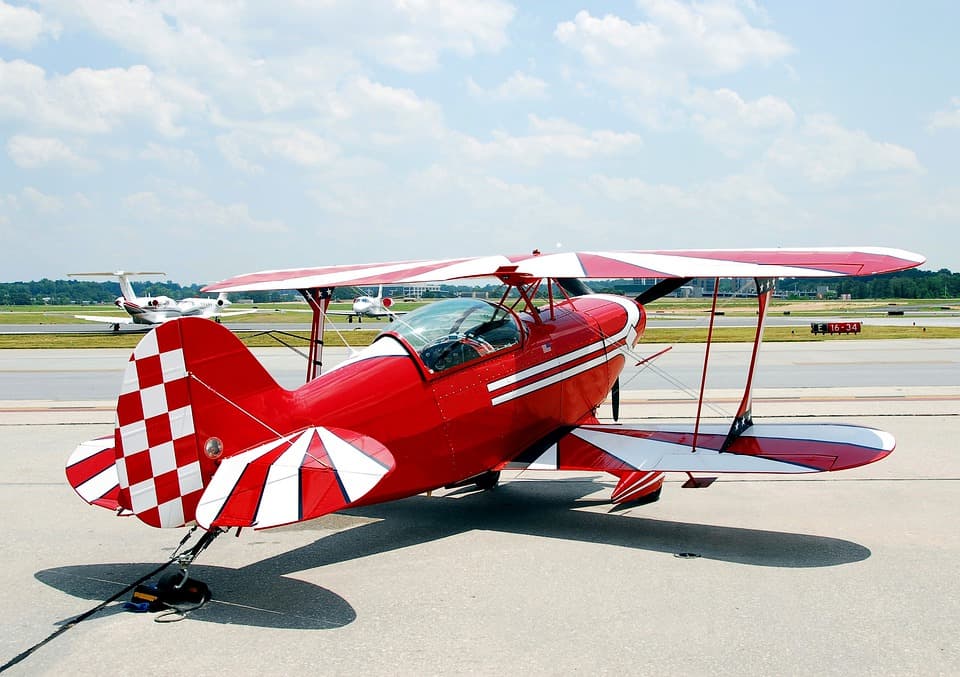Table of Contents
*This post may contain affiliate links. As an Amazon Associate we earn from qualifying purchases.
For anyone that wants their job to have something to do with planes or the skies, ten aviation careers are right up your alley. Aviation careers mean that you have the option to travel, enjoy the view from high in the sky, or even explore the mechanics of planes and how they work. No matter what area piques your interest, there’s a job waiting for you. You need to pick the one that suits you best.
Best Aviation Careers
Commercial Pilot
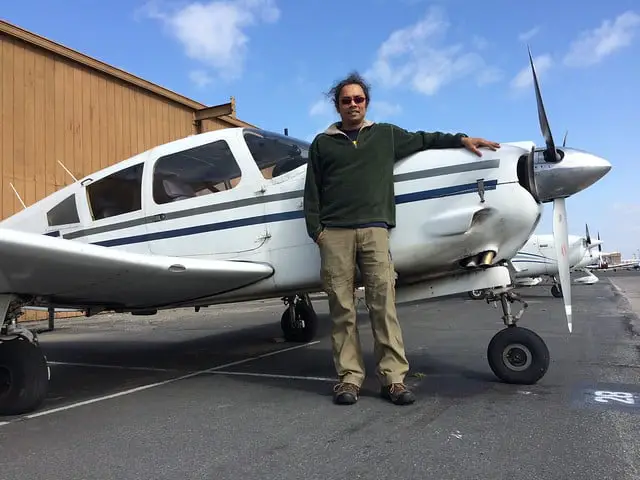
Image via flickr
Probably one of the first thoughts that come to mind when considering aviation careers is working as a commercial pilot. Depending on who you fly for, you may take to the skies for short journeys or go on long adventures around the world. Even better for people interested in these positions, there are plenty of openings that have appeared in the past years.Alot of active pilots are reaching retirement age, which opens positions to enter once you’ve completed your training. Even if that weren’t the case, the 2009 mandate for commercial airline pilots to hold an Airline Transport Pilot certificate has left a gap as fewer people are willing to take the additional time and costs to complete their education. To qualify for this position, you’ll need:
- Bachelor’s degree from flight school
- Commercial pilot’s license
- Airline Transport Pilot certificate
Also, after you receive and accept a job offer, you’ll also complete additional on the ground and in air training.
Test Pilot
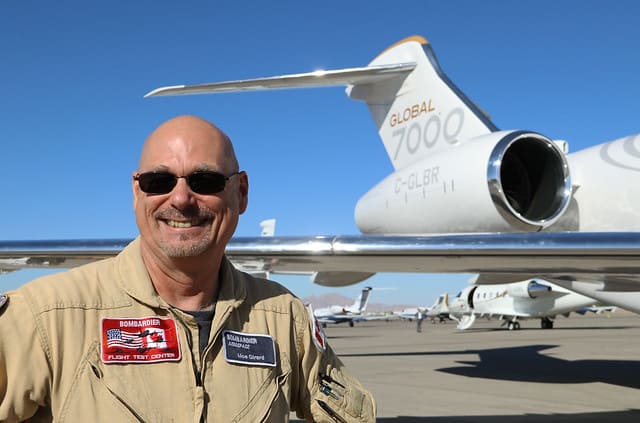
Image via flickr
Flying a commercial jet or plane isn’t the only way for you become a pilot. A similar position is to be a test pilot. As aircraft manufacturers develop and build new planes, they need to run tests before selling the jets to buyers. A test pilot fills that role, taking new designs into the air and making sure there aren’t any major or minor errors that could cause trouble when passengers or cargo are involved.
If you want to fly but aren’t a fan of the possible travel that comes from being a commercial pilot, then being a test flyer can be a good alternative. One thing to look out for is that you will need to undergo retraining when new technology comes your way. However, if you can make those adjustments, you’ll have a much better shot at having a steady stream of work available.
Much like a commercial pilot, you will need a bachelor’s degree from a flight school and a pilot’s license to qualify for this position.
Air Traffic Controller
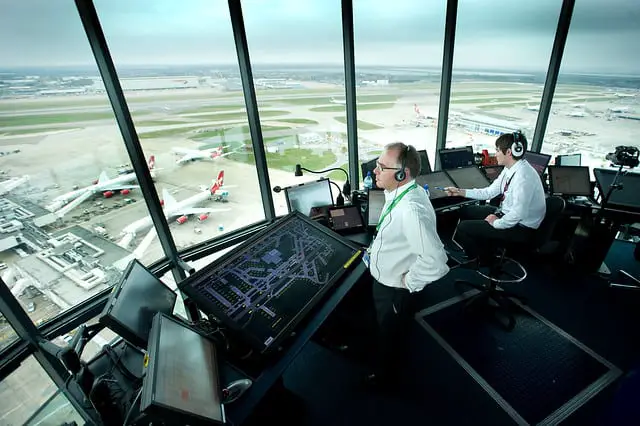
Image via flickr
Instead of being in the cockpit of a plane, an air traffic controller’s job is to communicate between pilots on and off the ground alike. Several responsibilities fall on the shoulders of controllers, who need to take safety and timeliness into consideration when directing planes for takeoff, landing, and emergency situations. Air traffic controllers also are responsible for relaying weather updates.
This position can be highly stressful, but it does have a substantial salary for the trouble. You can qualify for this position after receiving an associate or bachelor’s degree that corresponds with the Air Traffic Collegiate Training Initiative, as well as passing the Air Traffic Standardized Aptitude Test. Because of the high pay, this is a competitive position.
Air Marshal

Image via flickr
Air marshals are a position in charge of providing covert security during flights. Other than being in plain clothes and blending into the crowd, this position involves keeping an eye on activity on the plane as well as working to counter any hijacking or terrorism attempts that happen on board. While passengers aren’t allowed to have weapons, air marshals can carry firearms and other defensive items.
To become an air marshal in the US, you need to meet the qualifications set by the Federal Air Marshal Service, which involves firearm and self-defense training. Other countries have their procedures for becoming air marshals. While not all flights have this type of security on board, the concern for safety in flight means that, so long as you complete the training, it shouldn’t be hard to find someplace to work.
Aircraft Mechanic or Technician
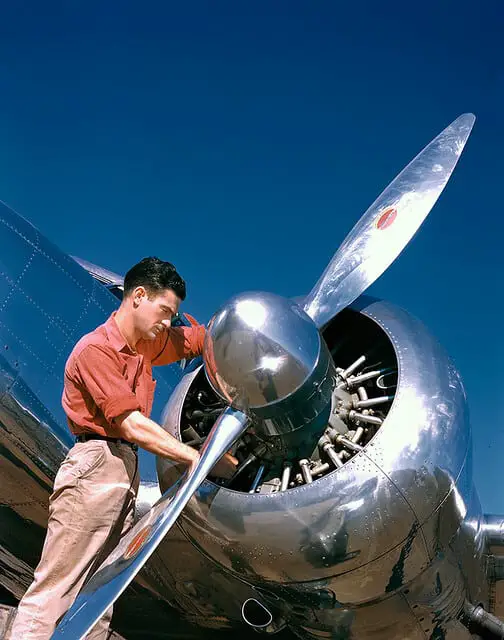
Image via flickr
For planes to complete flights without mechanical or technical issues, they need routine maintenance. Aircraft mechanics and technicians take care of these maintenance activities, as well as tend to any necessary repairs. These processes can involve evaluating flight data, diagnosing problems, and repair and replacement of components.
Becoming an aircraft and avionics mechanic or technician typically involves completing an education at an Aviation Maintenance Technician School. There are also several specializations within the field, and the certificates and licenses you hold can determine your exact job options. This job is a high demand position that will continue to need employees throughout the next several years.
Aeronautical Engineer
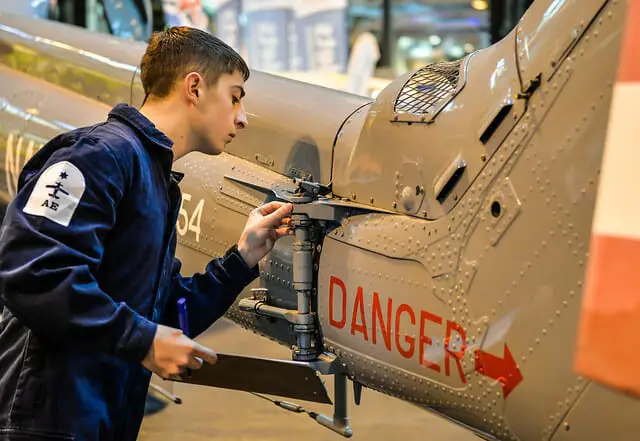
Image via flickr
If test pilots are responsible for seeing if new technologies and planes work, then aeronautical engineers are the ones who make those new developments possible. This job is another choice from the pool of aviation careers where specialization can determine your exact position: research, development, and design all intertwine to make new transport options possible.
While you can often become a pilot with a bachelor’s degree, getting a position as an aeronautical engineer requires further education, generally to at least the graduate degree level, if not further. However, because there are always new ways to advance technology, there will still be a need for engineers who can help develop new aviation innovations to enhance existing systems.
Airplane Inspector
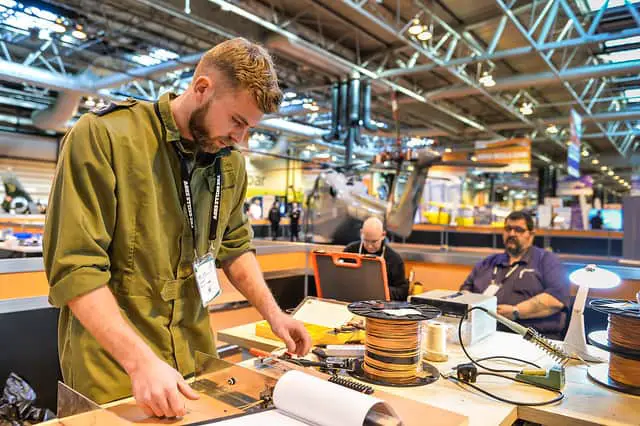
Image via flickr
While aircraft mechanics and technicians are the ones who provide maintenance on planes, inspectors are the ones who check to assure that the job is correct. Whenever an aircraft goes through any form of maintenance, repair, or a complete overhaul, then an inspector is the one that confirms everything is in working order and clears the plane for headed back to the skies.
Such inspections are a requirement of the Federal Aviation Administration, so there will likely always be a demand for those who can ensure that all safety and mechanical measures are complete. Often, coming into this position involves first serving as an aeronautic mechanic, technician, or other relevant job and keeping a positive maintenance and repair record before moving up.
Flight Dispatcher
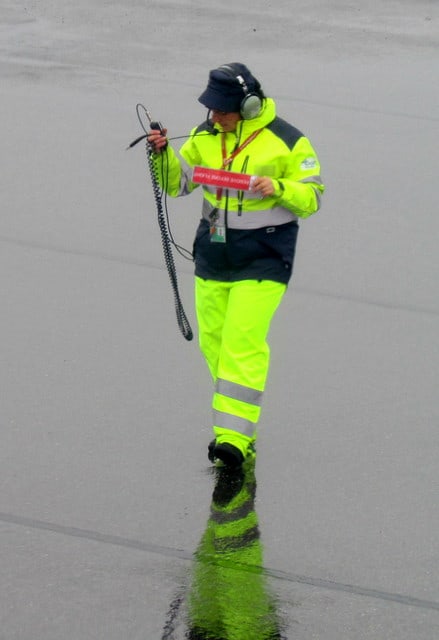
Image via flickr
Unlike air traffic controllers, who are responsible for managing flights as they begin, end, and other parts in between, a flight dispatcher is in charge of creating flight plans before take off even arises. Dispatchers work to consider every possible aspect that could affect the plane’s flight—like weather, cargo, and other ongoing flight plans—then relay this information to the relevant pilots.
Dispatcher work in a high-stress environment where multitasking is key to handling all the relevant responsibilities. Obtaining this position involves study, a written exam, and meeting the minimum amount of supervised training hours necessary to begin work on your own.
Aerospace Program Manager

Image via flickr
Aerospace program managers are those in charge of running airports and airlines. As expected, this is a big job that involves meeting all rules and regulations for operation, hiring new individuals, and communicating with the different parties that operate within your sphere of influence. There is also a strong focus on maintaining efficiency throughout the entire airline or airport.
For anyone looking to become an aerospace program manager should seek a bachelor’s degree in aviation management. It’s also helpful to hold a certification from the National Business Aviation Association or American Association of Airport Executives. Since there are only so many airlines and airports out there, there are a limited number of positions in this field when in comparison to others, but the salary is substantial.
Aircraft Interior Technician
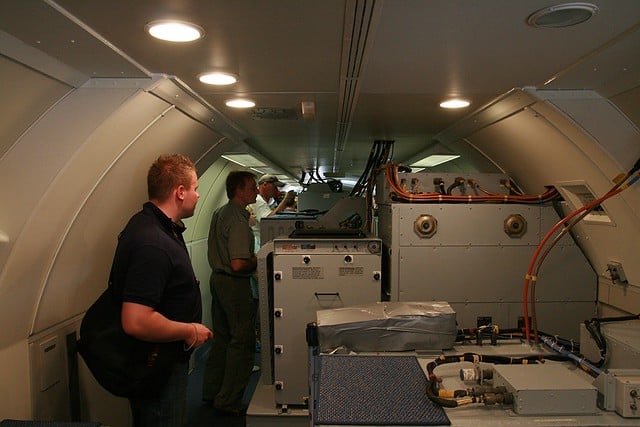
Image via flickr
In addition to those who design the overall structure for planes and their mechanics, aircraft interior technicians hold a unique role in developing the inside look for a flight. The inside of an aircraft needs to be aerodynamic, plus meet the needs of any crew and passengers on board while still understanding the necessities of interior design to make an enjoyable flight experience.
As technology advances and the expectations of passengers change, aircraft interior technicians will be necessary to meet these demands for any new planes that come into use.
Overseeing designing an aircraft requires some more in-depth study into what’s appropriate to meet the needs of an airplane, but being an installer often only needs a high school diploma or GED along with some installation experience.
Avionics Mechanic or Technician
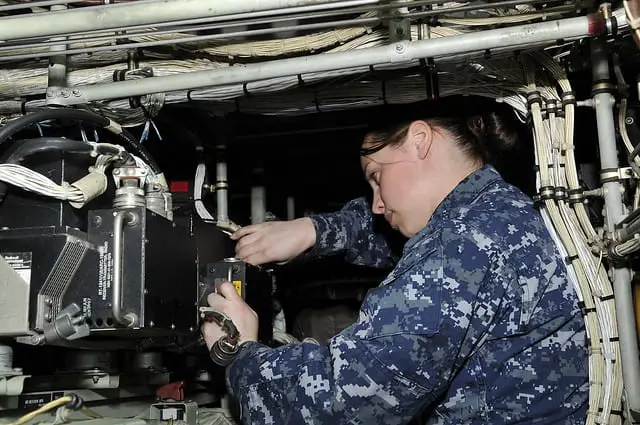
Image via flickr
Aircraft mechanics and technicians are responsible for the broader aspects of a plane, like engines. Those who perform these roles for avionics oversee the electronics systems, ensuring that airplanes and airports alike have operating communication, navigation, and other systems. This position can involve both maintenance and emergency repair, as well as other relevant tasks.
This career focuses heavily on electronics skills, so concentrating your education in that direction is an excellent step to entering this field. Degrees in electrical engineering are especially appealing in applicants, and you’ll also need to complete an accreditation by the Federal Aviation Administration. Like aircraft mechanics, there is a steady need for workers in avionic technician jobs.
Flight Attendant
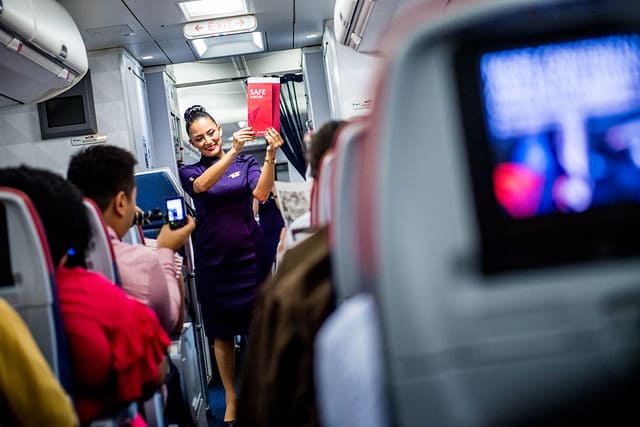
Image via flickr
Being part of the cabin crew can seem incredibly appealing since it involves regular travel. And while that’s true, this career does have a lot of qualifications when it comes to customer service, communication, teamwork, and organization. A flight can go smoothly, or it can involve inclement weather or arguable passengers—all within the span of long working hours.
On the education level side, you’ll only need to have a high school diploma or equivalent to become a flight attendant. Regarding other skills, customer service experience is a definite must, and that’s to start. This position is a highly sought after and competitive job, and you’ll need to meet appearance, personality, and other skill requirements to become hired, plus hold an FAA Certificate of Demonstrated Proficiency.
Flight Instructor
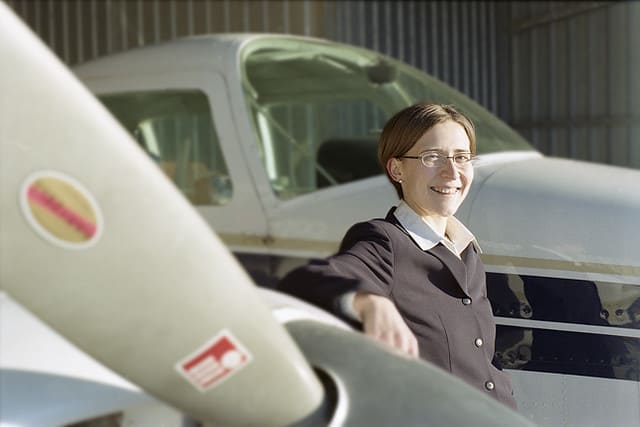
Image via flickr
For all the training necessary for one to become a pilot, there must be someone who’s responsible for teaching anyone who’s pursuing that career. Flight instructors are the ones who do just that and are often responsible for both on the ground and in air instruction to prepare prospective pilots for their license tests. Usually, the instructor can make their schedule as flexible as they like.
Usually, someone will become a flight instructor after spending significant time as a pilot and in the air. In addition to the qualifications and work experience, a flight instructor must also obtain proper instructor certification in addition to their pilot training. As such, this isn’t a position available early in one’s career, but it can be an option as a long-term goal or for pilots seeking change.
Ticket and Customer Service Agent
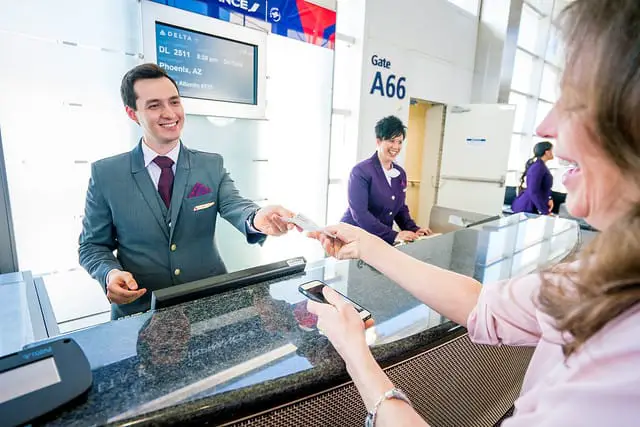
Image via flickr
Customer service agents are essential for any airline. These workers help with checking in, ticket purchases, and other service needs or issues. An agent can also be responsible for finalizing the passenger list and conveying the necessary information before take off. Much like flight attendants, this is a very customer service based role that requires projecting a positive image for their airline.
As such, higher education isn’t necessary to qualify for this position. Instead, airline companies focus on how well you can handle customer service issues, such as dealing with upset customers when there’s an issue with their tickets. You will also have to meet age and lifting requirements, for handling customer baggage when they check in.
Wrapping Up the Best Aviation Careers
With the high levels of demand for travel, aviation careers aren’t going away anytime soon. That means if you want to enter this field, you’ll have no trouble finding a place. We’ve listed the top careers here, but there are plenty more options for everyone with interest in aviation—no matter what your passion for the area is.
If you’re ready to soar into your next career move, then the many pathways within aviation give you plenty of options. Whether you already have the necessary skills or you want to branch into something new, you have the basics to prepare your next move. So make your choice and enter the exciting world of aviation!

